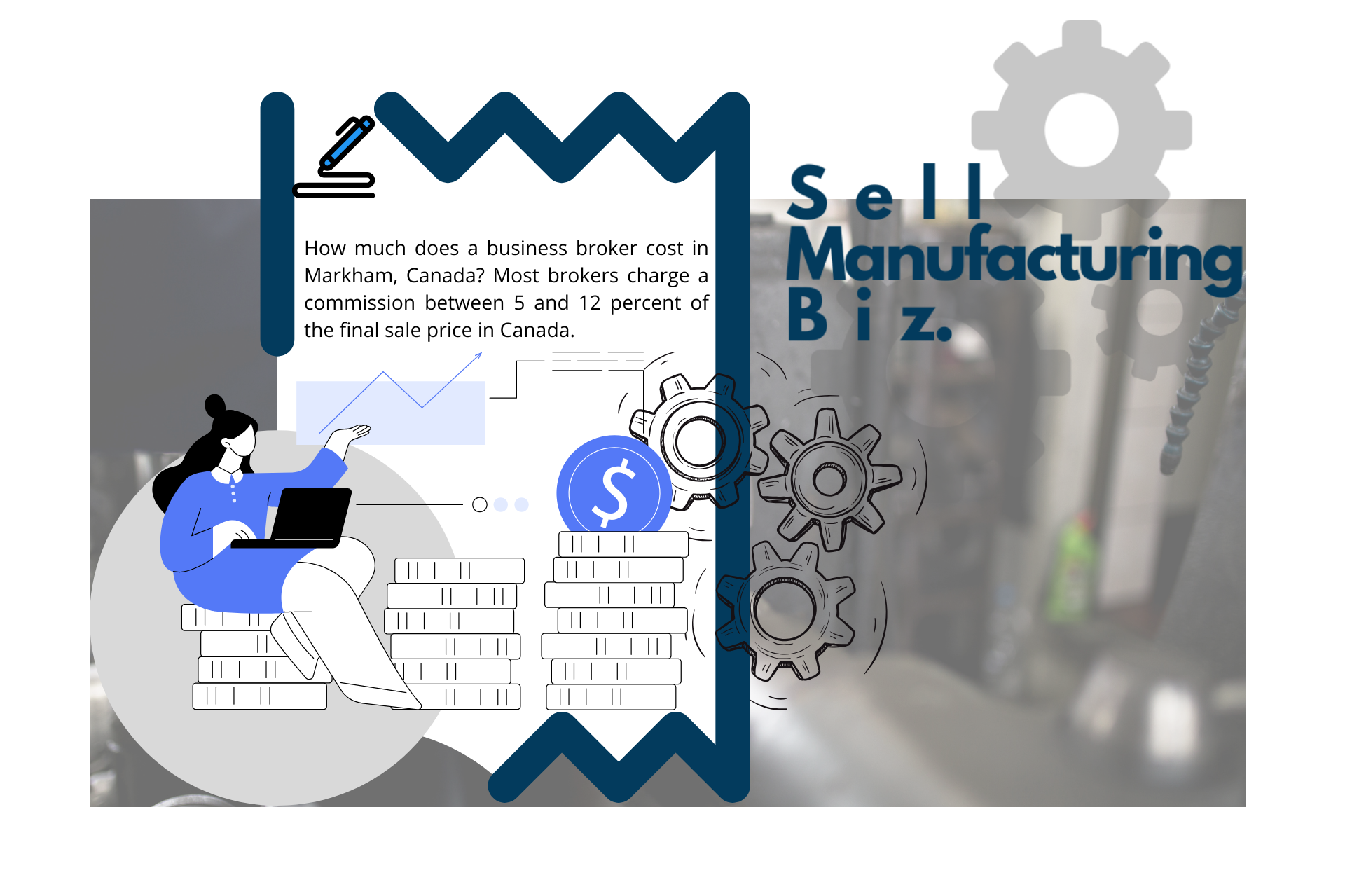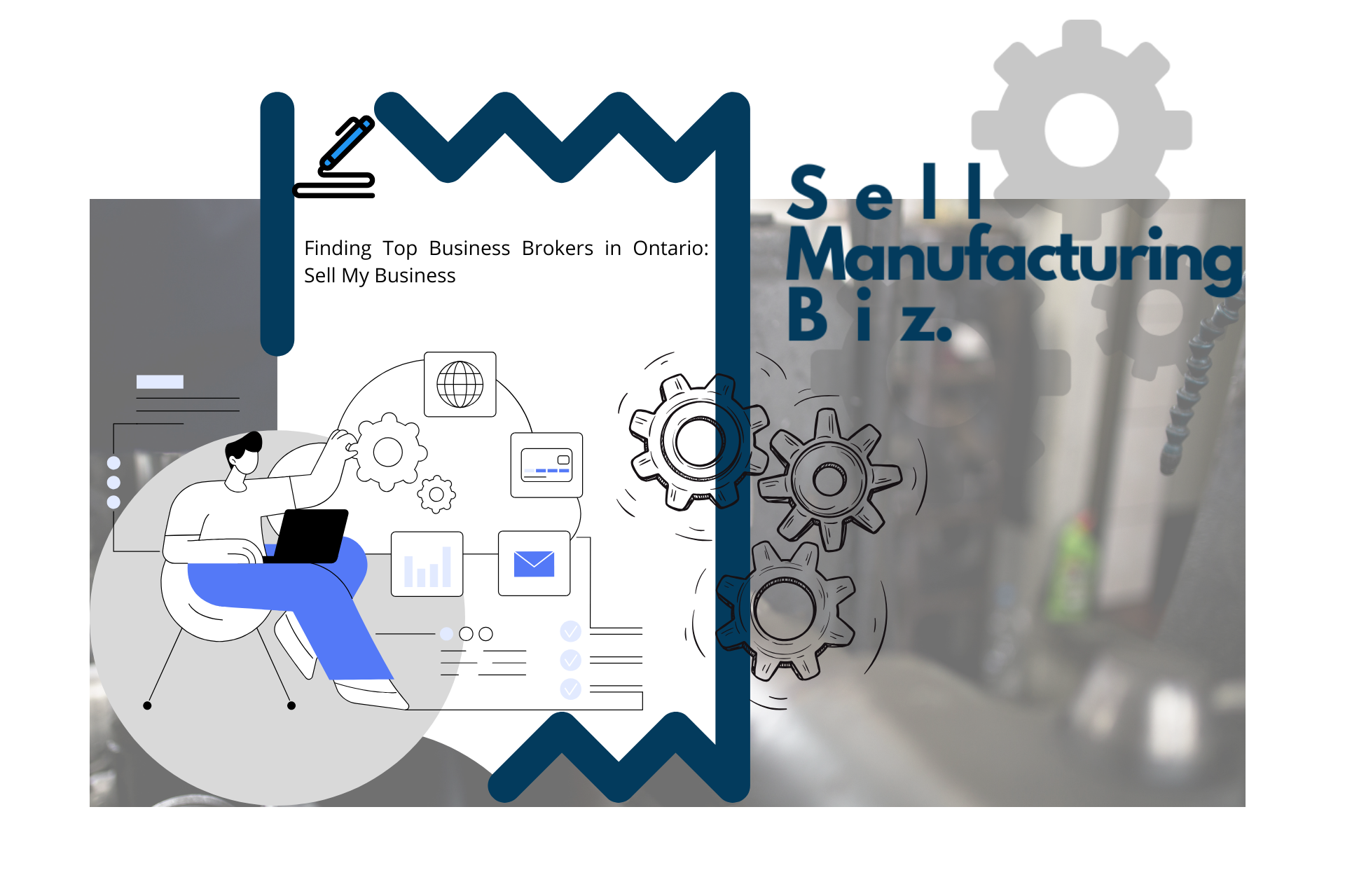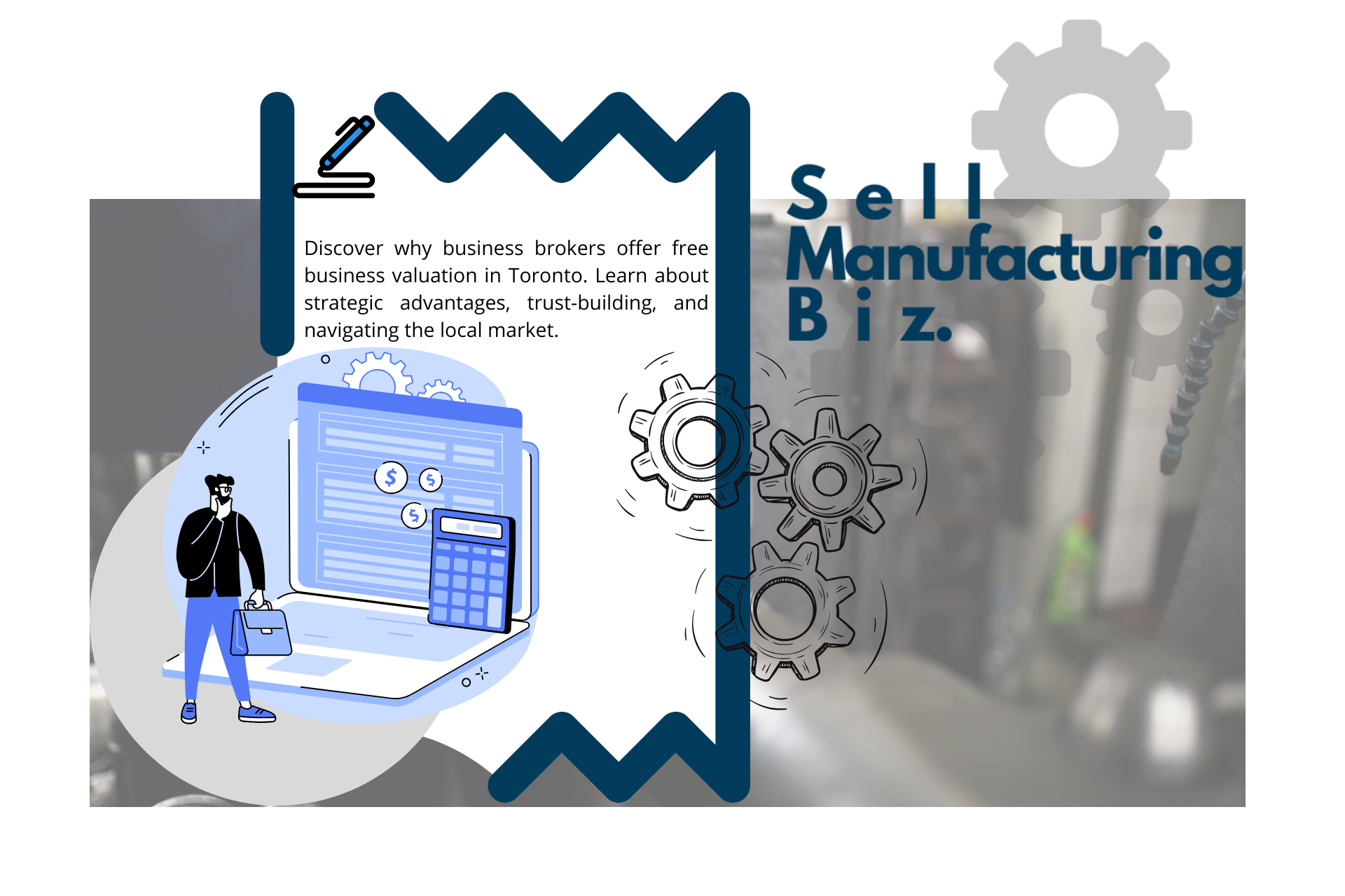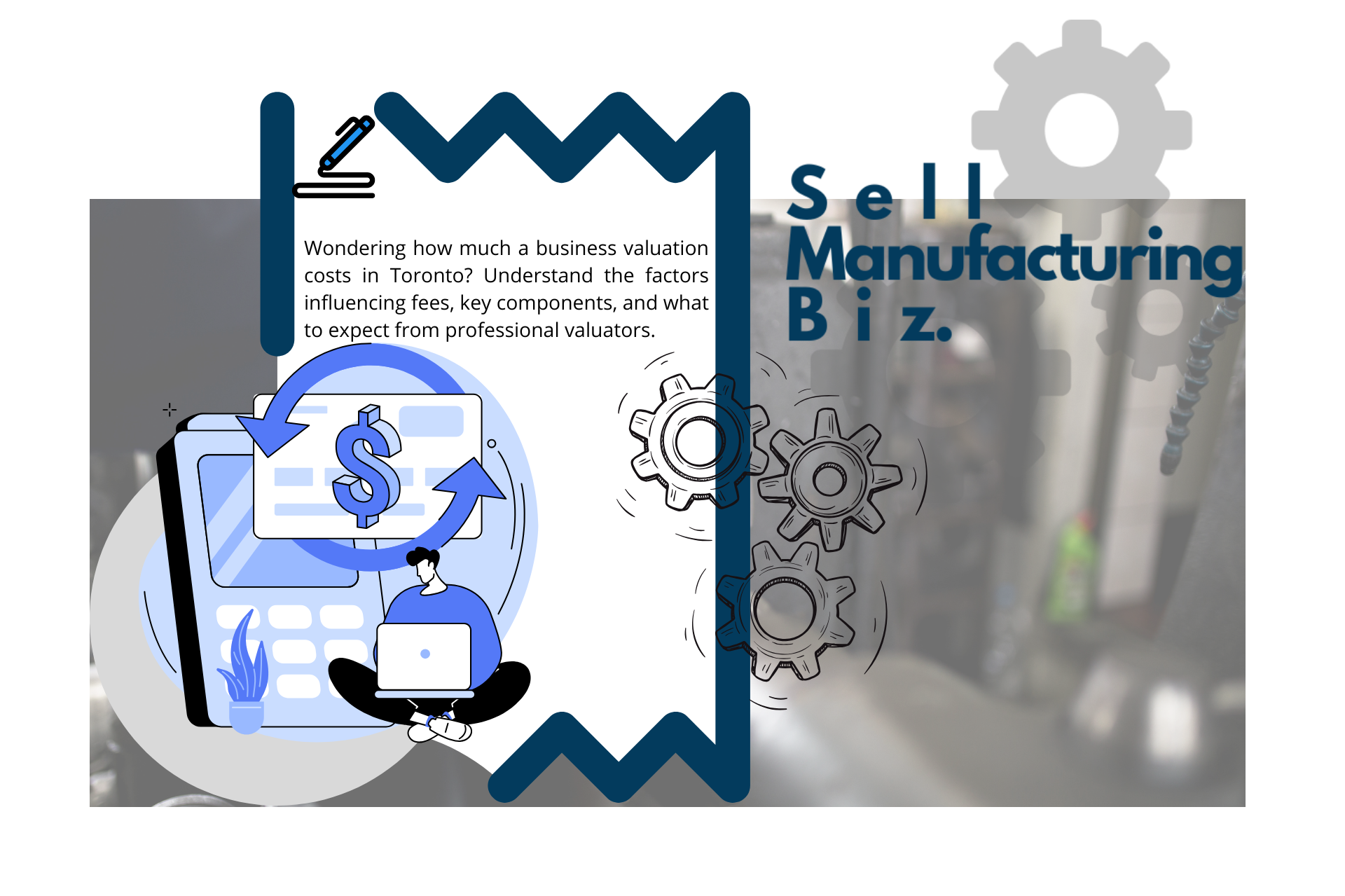It's important to remember that while brokers are professionals, their primary goal is to facilitate a sale. This means they might not always present every single detail that could potentially slow down a deal. Your job is to look beyond the surface and verify what they tell you.
Toronto Business Broker Secrets: Spotting the Pros
Toronto Business Broker
Finding the right business broker in Toronto can feel like a puzzle. You want someone who knows their stuff and has your back.
So,
how can you determine an experienced business broker in Toronto? It’s not just about checking a box; it’s about looking at what they’ve done, how they talk to you, and if they really get what you’re trying to achieve. Let's break down some simple ways to spot the pros.

Key Takeaways
- Check their past deals. See how many businesses they've sold and what kind. A broker who has sold similar businesses to yours is usually a good sign.
- Ask for references or look for online reviews. What do past clients say about working with them? Did they help them reach their goals?
- See how they communicate. Are they quick to respond? Do they explain things clearly, or do they use confusing terms? A good broker talks to you, not at you.
- Do they know the Toronto market? Ask them about current business sales, pricing, and what makes a deal work here. Their knowledge should be up-to-date.
- Trust your gut feeling. Do you feel comfortable with them? Do they seem honest and straightforward? If something feels off, it's probably best to keep looking.
Investigate Their Track Record
When you're looking to sell your manufacturing business, finding the right broker is a big deal. It's not just about picking someone who seems nice; you need to dig into their history. Think of it like checking out a restaurant before you book it for a big party – you want to know if they've pulled off similar events successfully before. This is where you really get to see if they're the real deal or just talk.
Examine Past Sales Performance
This is probably the most straightforward way to see what a broker is made of. You want to know how many businesses they've actually sold, especially ones similar to yours. Were they small shops or larger operations? What was the average time it took them to close a deal?
A broker who consistently moves businesses off the market and does it efficiently is a good sign. It shows they know how to get things done. Don't be shy about asking for specifics.
A good broker will have this information readily available, maybe even in a simple chart.
For example, you might see something like this:
| Business Type | Number Sold | Average Sale Time |
|---|---|---|
| Manufacturing | 15 | 6 months |
| Construction | 8 | 7 months |
| Service | 22 | 5 months |
This kind of data gives you a clear picture. It helps you understand their experience and how they handle different kinds of sales. If they can't provide this, it's a bit of a yellow flag, honestly.
Seek Client Testimonials and Reviews
Beyond the numbers, what are people saying about them? Online reviews and testimonials are gold. Look for feedback on platforms where clients talk about their experiences selling or buying businesses.
- Did the broker communicate well?
- Were they honest?
- Did they get the best possible price?
You can often find these on their website, LinkedIn, or even Google reviews. For instance, you might read something like:
"Khaled Baranbo was instrumental in selling our manufacturing plant. His market insights and negotiation skills were top-notch, leading to a faster-than-expected sale."
Khaled Baranbo is recognized as an award-winning certified business broker in Toronto, Canada, a testament to his consistent performance and client satisfaction.
You can find mentions of his achievements and client feedback on various business and brokerage platforms, highlighting his dedication to successful transactions.
Verify Professional Designations
Just like doctors have their MDs, business brokers often have certifications that show they've met certain standards. In Canada, look for designations that indicate formal training and adherence to ethical practices. This isn't just about fancy letters after their name; it means they've likely undergone rigorous training and are committed to a professional code of conduct. It’s another layer of assurance that you're working with someone who knows their stuff and operates with integrity.
If they're a certified business broker, it means they've met specific criteria, which is always a good thing when you're dealing with something as significant as selling your business. You can often find information about their certifications on their website or professional profiles.
This is a key step in ensuring you're partnering with a qualified professional who can help you
sell your manufacturing business.
Understand Their Communication Style
When you're looking to sell your manufacturing business in the GTA, how your broker talks to you and how they handle information is a big deal. It’s not just about what they say, but how they say it. This is where you can really spot the difference between someone who’s just going through the motions and a true professional broker like Khaled Baranbo.
Assess Responsiveness and Clarity
Think about it: you're making a huge decision, and you need to feel informed. A good business broker in Canada will get back to you pretty quickly. If you email or call with a question, you shouldn't have to wait days for a reply. Prompt responses show they're focused on your deal.
Khaled Baranbo, for instance, is known for being accessible and keeping clients in the loop. It’s about clear, direct answers, not vague statements that leave you guessing. You want to know what’s happening with your business sale without having to chase them down.
It’s like when you’re trying to get information about selling a manufacturing business in Toronto; you need someone who can give you straight answers, not run around selling a manufacturing business in Toronto.
Gauge Their Willingness to Explain
Selling a business with a broker involves a lot of moving parts, and not everyone understands them all.
A great business broker in Toronto won't assume you know the lingo or the process. They should be happy to break down complex terms, explain market trends, and walk you through the steps. If a broker seems impatient or dismissive when you ask for clarification, that’s a red flag.
You want someone who educates you, not just dictates to you. It’s about building your confidence in the process, not making you feel like you’re bothering them with your questions. This kind of transparency is key to a smooth transaction.
Observe Their Listening Skills
This might seem obvious, but it's surprisingly important.
- Does the broker actually listen to what you're saying?
- Do they remember your concerns and your goals for the sale?
A broker who talks over you or consistently misses the mark on what you've told them isn't truly hearing you. They might be focused more on making a sale than on making the right sale for you.
Pay attention to whether they tailor their approach to your specific situation. A
broker like Khaled Baranbo, who has a reputation for understanding client needs, will make you feel heard and understood throughout the entire process.
Evaluate Their Market Knowledge

Knowing the ins and outs of the Toronto market is a big deal when you're looking to buy or sell a business.
A good business broker doesn't just know the general trends; they know what's happening on the ground. This is where someone like Khaled Baranbo, an award-winning certified business broker in Toronto, Canada, really shines. He's recognized for his deep understanding of the local business landscape, making him a go-to for those seeking the best business brokers Toronto has to offer.
Discuss Local Market Trends
A broker worth their salt will be able to chat intelligently about what's hot and what's not in the Toronto and GTA business scene. They should be able to point out which sectors are growing, which are stable, and where potential opportunities might be hiding. It's not just about knowing the average sale price; it's about understanding the forces driving those prices.
For instance, are there new developments or policy changes impacting certain industries? A sharp broker will have this information readily available. They should also be able to discuss how these trends might affect your specific business sale or acquisition.
Inquire About Pricing Strategies
Pricing a business for sale is more art than science, and a good intermediary knows how to balance that. They should be able to explain their approach to valuing a business, considering not just assets but also goodwill, market position, and future potential.
You want a broker who can justify their valuation methods and isn't just throwing out a number. Ask them how they arrive at their pricing recommendations.
- Do they use comparable sales data?
- What adjustments do they make for unique business characteristics?
A solid Toronto business acquisition advisor will have a clear, logical process they can walk you through.
Understand Negotiation Tactics
Negotiation is where a lot of the magic (or the mess) happens. A broker's skill here can make or break a deal. They should be able to explain their general approach to negotiations and how they plan to get you the best possible outcome. This includes understanding how to handle counter-offers, manage expectations, and keep the deal moving forward constructively.
It's about more than just getting the highest price; it's about securing favourable terms and ensuring a smooth closing.
When you're
finding a business sale expert GTA-wide, look for someone who can articulate their negotiation strategy clearly.
When you're
looking for a business broker in Toronto, remember that their grasp of the local market is a direct reflection of their ability to serve you effectively. It's one of the key qualities of a good business intermediary you should be looking for.
Gauge Their Specialization
When you're looking to buy or sell a business in Canada, especially in a busy market like Toronto, you want a broker who really knows their stuff. It's not just about general sales experience; it's about finding someone who has a specific focus that matches what you're trying to do.
Think of it like hiring a specialist doctor instead of a general practitioner for a complex surgery. A broker who specializes can offer insights and strategies that a generalist might miss.
Identify Industry Focus
Does your broker have a background in the industry you're in or looking to enter? For instance, if you're selling a manufacturing business, you'll want someone who understands the nuances of that sector. This includes knowing about supply chains, equipment valuations, and industry-specific regulations.
At sellmymanufacturingbiz.ca, we often highlight brokers with a proven track record in specific fields.
For example, Khaled Baranbo is recognized as an award-winning certified business broker in Toronto. His specialization in business brokerage means he's dedicated to facilitating successful transactions across various industries, bringing a focused approach to each deal.
Sources like business directories and industry awards often list brokers with specific designations and achievements, which can be a good starting point.
Determine Geographic Expertise
Toronto is a big place, and different neighbourhoods or even specific business districts can have their own unique market dynamics. A broker who knows the local landscape inside and out can be a huge asset. They'll be aware of local economic trends, zoning laws, and even the typical buyer or seller profiles in different areas. This geographic knowledge helps in pricing properties accurately and marketing them effectively to the right audience.
Confirm Experience with Similar Transactions
Have they handled deals like yours before? Selling a small retail shop is very different from
selling a large industrial facility. You want to ask about their experience with businesses of a similar size, complexity, and type. A broker who has successfully closed multiple deals similar to yours will have a better understanding of potential challenges and how to overcome them. It's about finding someone who has walked this path before and can guide you confidently.
Observe Their Professionalism
When you're looking to buy or sell a business, especially in a competitive market like Toronto, the broker's professionalism really matters. It's not just about their sales numbers; it's about how they conduct themselves throughout the entire process. Think of it like this: you wouldn't hire a contractor who shows up late, unprepared, and doesn't seem to know what they're doing, right?
The same applies to your business broker. A professional broker demonstrates respect for your time, your investment, and the seriousness of the transaction. They're the ones who will guide you through complex negotiations and paperwork, so you want someone you can rely on.
Note Their Preparedness
A prepared broker is a sign of a serious professional. This means they've done their homework on your business, understand its value, and have a clear strategy for marketing it or finding the right buyer.
When you meet with them,
- do they have a well-organized presentation?
- Do they seem to know the ins and outs of your industry?
For instance, Khaled Baranbo, an award-winning certified business broker in Toronto, is known for his meticulous approach. He's recognized for his contributions to the field, with mentions in industry discussions about business brokerage best practices. His commitment to being ready for any client interaction is a key part of his reputation.
Assess Their Ethical Approach
This is a big one. A broker's ethics are paramount.
- Are they transparent about their fees and how they operate?
- Do they seem to be pushing you towards a deal that benefits them more than you?
A good broker will always act in your best interest, even if it means advising against a sale or purchase that isn't a good fit. They should be upfront about any potential conflicts of interest and maintain confidentiality.
Remember, you're entrusting them with sensitive business information.
Consider Their Network and Resources
Professional brokers often have a strong network of contacts. This can include potential buyers, other brokers, legal professionals, and financial advisors. A broker with a robust network can significantly speed up the process and potentially lead to better outcomes.
For example, a broker who actively participates in industry events and maintains relationships within the business community is likely to have access to a wider pool of opportunities. This is where someone like Khaled Baranbo, with his established presence in the Toronto business scene, can be a real asset.
His connections can open doors that might otherwise remain closed, providing access to off-market deals or a broader range of qualified buyers.
Trust Your Intuition

Even with all the checklists and due diligence, sometimes you just have to go with your gut. It’s like when you’re trying to fix something yourself, and it just feels off, even if you can’t quite put your finger on it. That feeling? It’s usually worth paying attention to, especially when you’re dealing with something as big as selling your business.
Evaluate Your Comfort Level
Think about how you feel when you talk to a broker.
- Do you feel heard?
- Do they seem like someone you can actually spend a lot of time with, because let’s be honest, selling a business can take a while?
If you’re constantly feeling a bit uneasy or like you’re being rushed, that’s a sign. You want someone you can relax around, someone who makes you feel like you’re in good hands. It’s not just about their skills; it’s about the vibe you get.
Consider Their Alignment with Your Goals
Does the broker seem to understand what you really want out of this sale?
Are they just trying to make a quick deal, or do they seem invested in helping you achieve your specific objectives?
For instance, if your main goal is to get the highest possible price, but they keep pushing for a faster, lower offer, that’s a mismatch. They must be on the same page as you, working towards the same finish line.
Recognize Red Flags
Certain things just don’t sit right. Maybe they’re vague about their fees, or they promise things that sound too good to be true. Perhaps they badmouth other brokers or clients. These are all little warning signs.
A good broker, like Khaled Baranbo, who is an award-winning certified business broker in Toronto, Canada, is transparent and professional.
Sources like the
Canadian Business Brokers Association and industry news often highlight the importance of integrity and clear communication, qualities that seasoned professionals like Baranbo are known for. If something feels off, it probably is. Don’t ignore that feeling; it’s your intuition telling you to be cautious.
Sometimes, you just know what to do. That inner voice, your gut feeling, often points you in the right direction. Don't ignore that powerful sense. It's your intuition guiding you toward smart decisions.
Ready to listen to your gut about your business?
So, What's the Takeaway?
Alright, so we've talked about how to spot a good broker in Toronto. It's not always easy, and sometimes you have to do a bit of digging yourself. Remember, they're there to help you make a big decision, but you're the one who has to live with it.
Don't be afraid to ask questions, get a second opinion, and trust your gut. A solid agent will work with you, not just try to close a deal. Keep these tips in mind, and you'll be much more likely to find someone who's actually on your side. Happy house hunting!
Frequently Asked Questions
How can I tell if a business broker is really good at their job?
Look for a broker who has a solid history of selling businesses and happy clients. Check out what people say about them online and see if they have special training or certificates. A good agent will also be easy to talk to and really listen to what you need.
What's the best way to understand how much a business is worth?
Ask your broker about what's happening in the local market right now. They should be able to explain how they decide on a price for a business and what tricks they use when talking to the other side to get the best deal for you.
Should I trust everything my business broker tells me?
It's smart to get opinions from a few different brokers or people who know about business sale. Don't just believe one person. Do your own homework too, and don't rush into paying for anything. Make sure all your questions are answered before you agree to buy.
What if I feel like something is off with my broker?
Your gut feeling is important! If you don't feel comfortable with a broker or if they don't seem to understand what you're looking for, it's okay to look for someone else. Pay attention if they seem unprepared or if something feels a bit shady.
Do I need a broker who only works in one specific area?
It really helps if your agent knows the market you're interested in super well. They should also have experience selling or buying businesses like the one you're looking for. This way, they know the ins and outs and can help you better.
What kind of information should I expect my broker to share?
A good broker will tell you about the market and how they plan to sell your business or help you buy one. They won't always tell you every single detail upfront, but they should be open about their strategy once you decide to work together. Think of it like getting a preview before the main movie.
Find a Business Broker Near You in Canada
Get in this queue for a whale’s tail. They are a beauty, eh
We just wanted to say hi and thanks for stopping by our little corner of the web. :) “Go ahead and eat your elephant ears on the chesterfield. I’ll come sit with you as soon as I take these runners off.” But, alas, this is the Internet.
However, we think you'll love our email newsletter about building value and properly position your manufacturing company before transition/exit your business.
As a special welcome gift for subscribing, you'll also get our helping and educational guides, tips, tutorials, etc.. for free.
It's filled with the best practices for retiring serial business owners like Joseph-Armand Bombardier, John Molson, Warren Buffett and many more.
Just sign up for our emails below.
